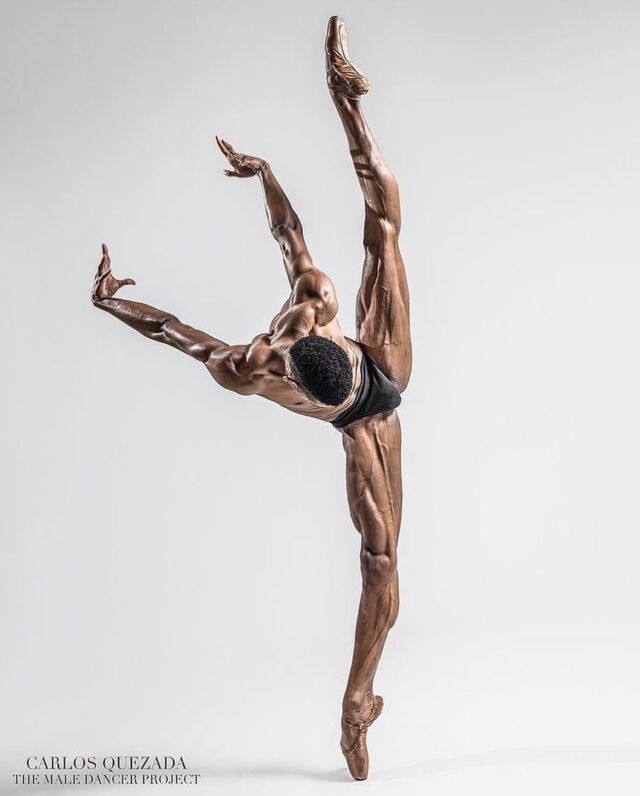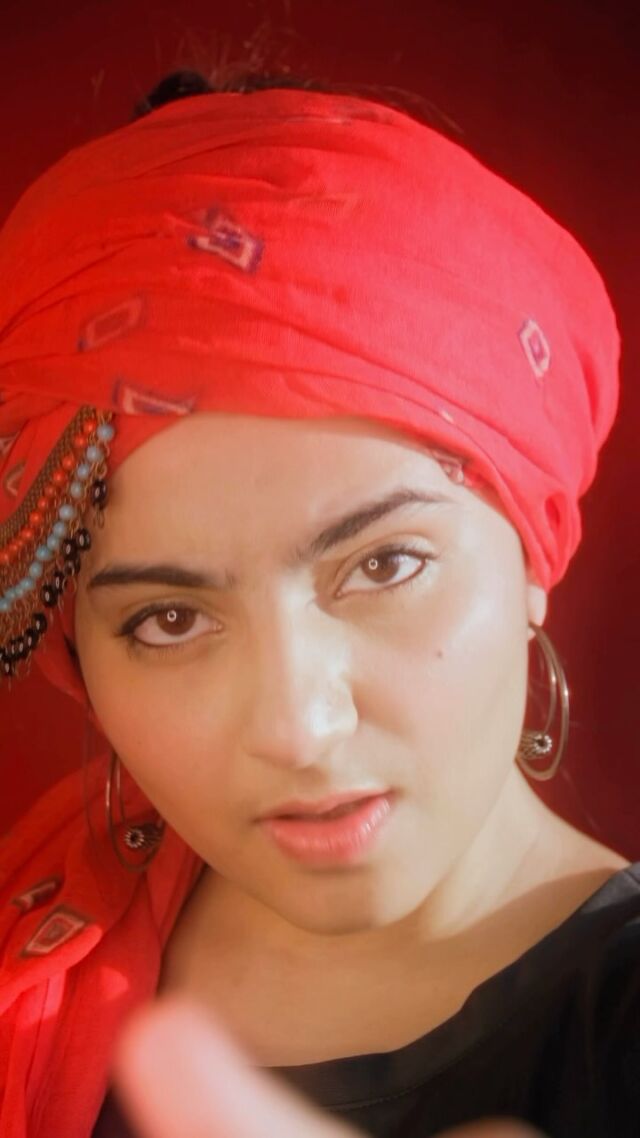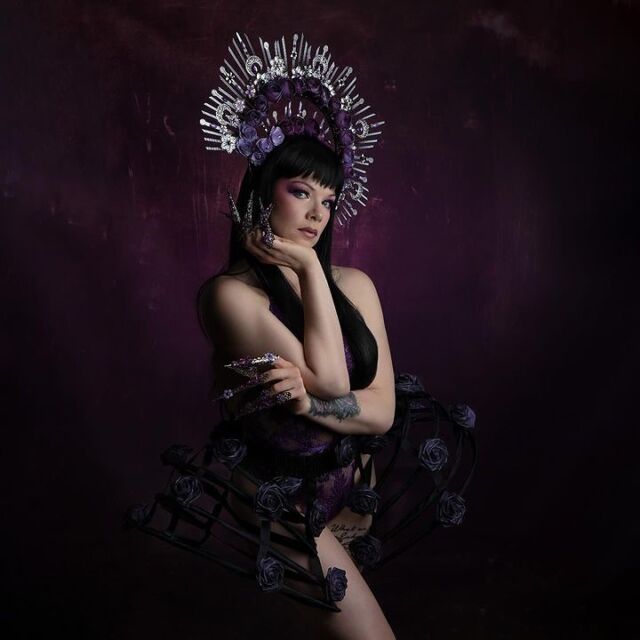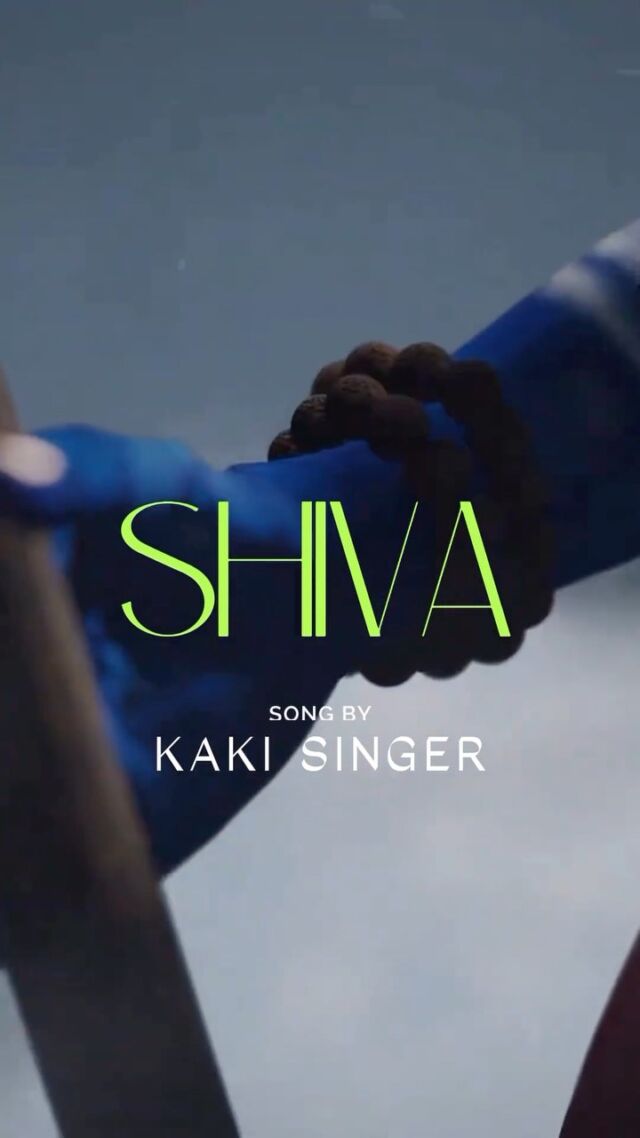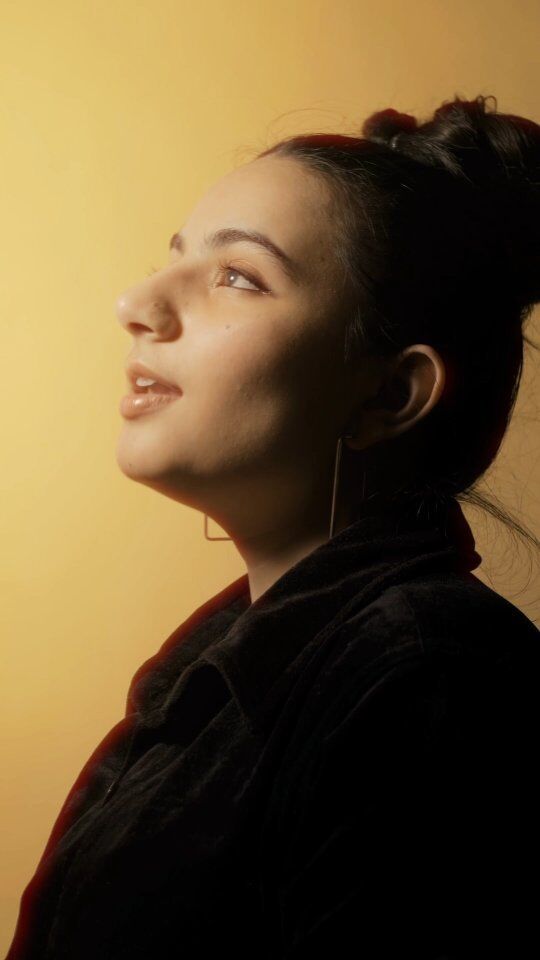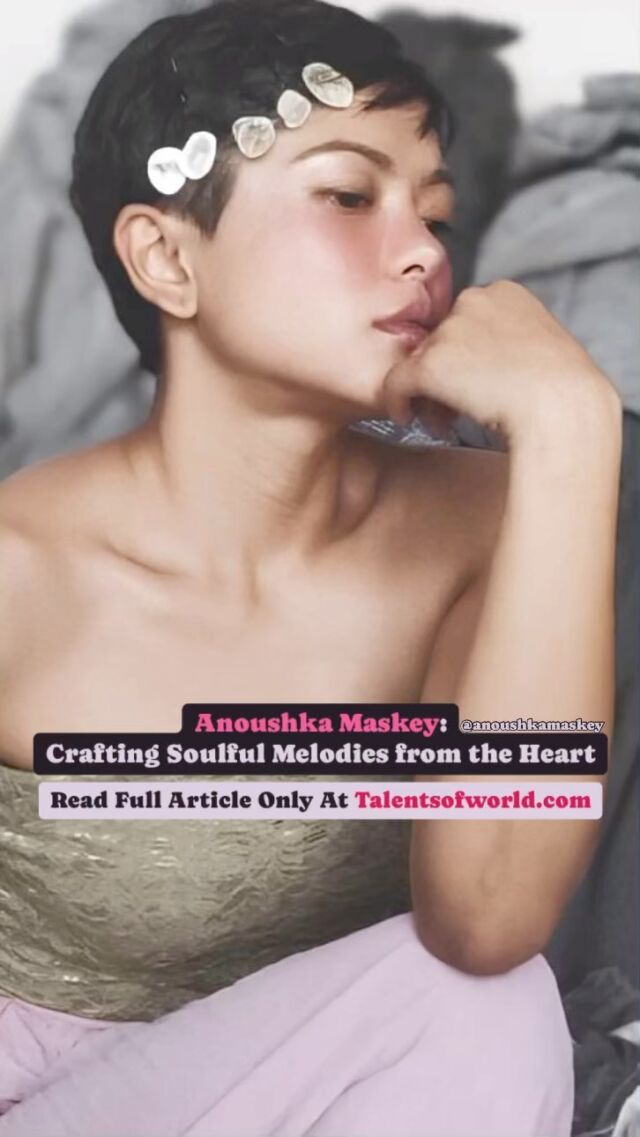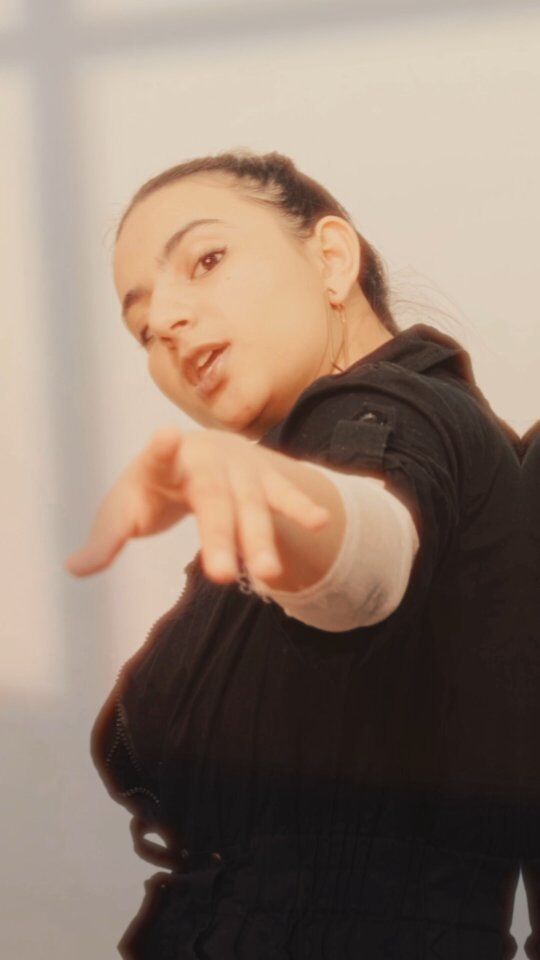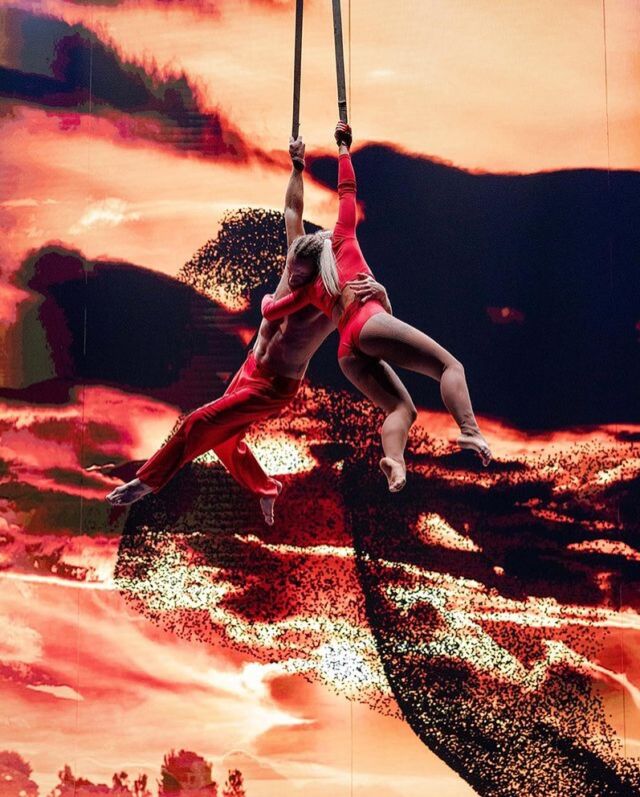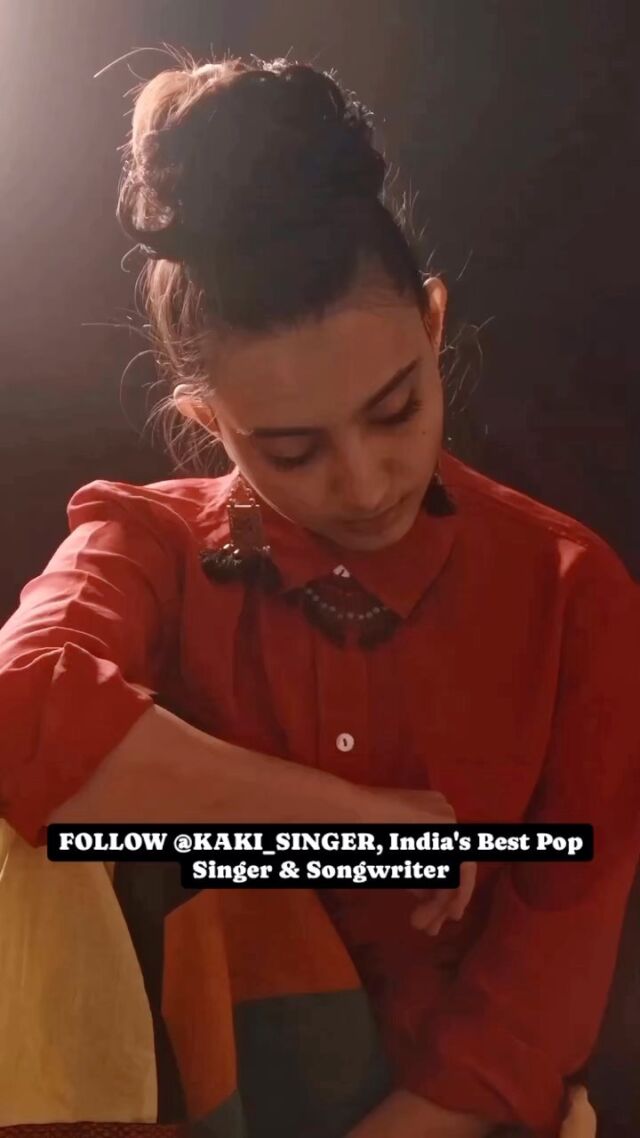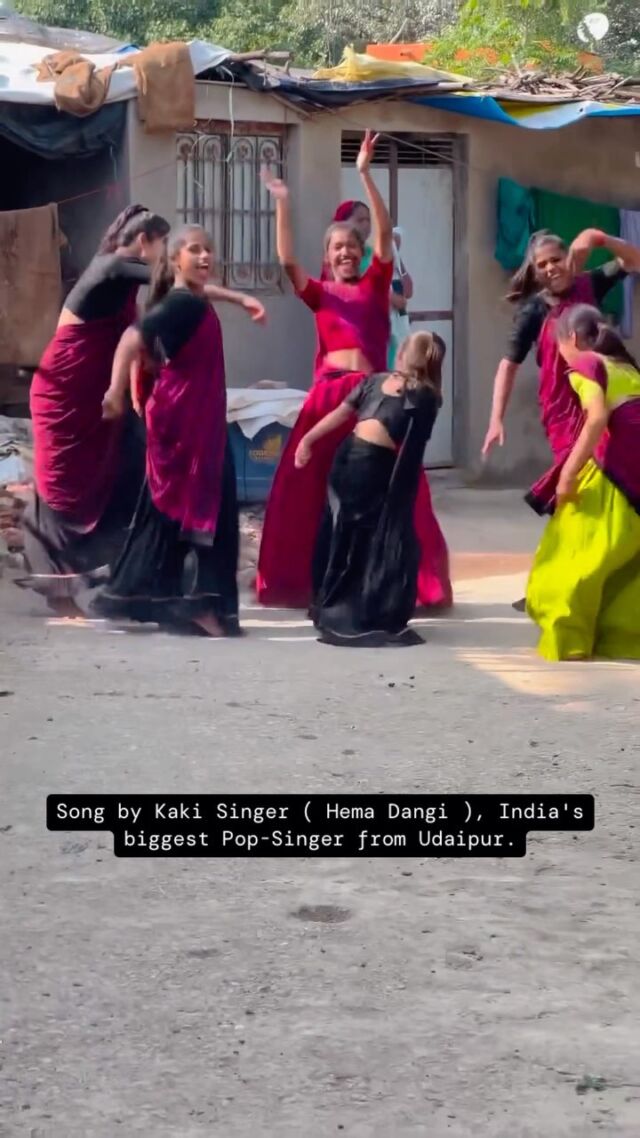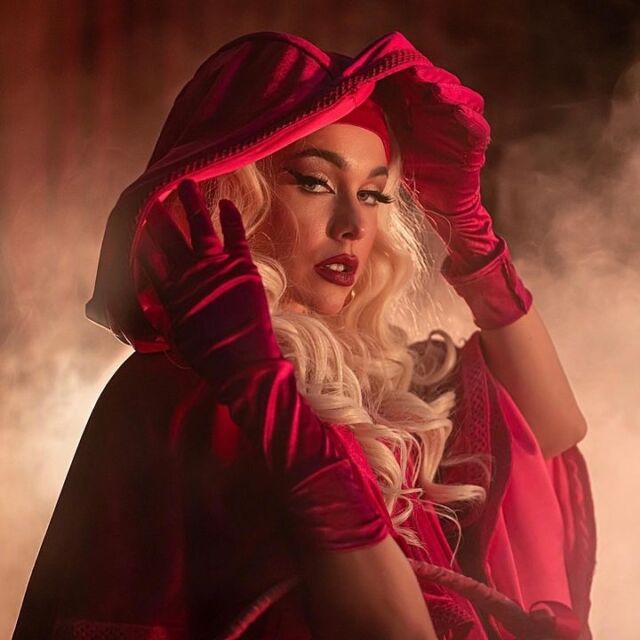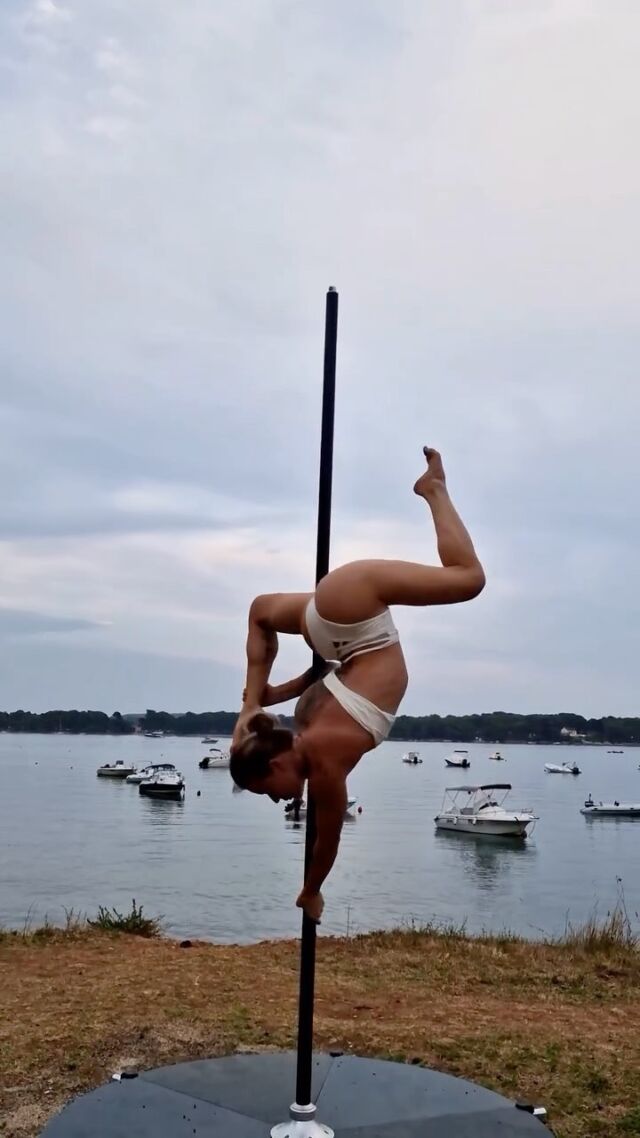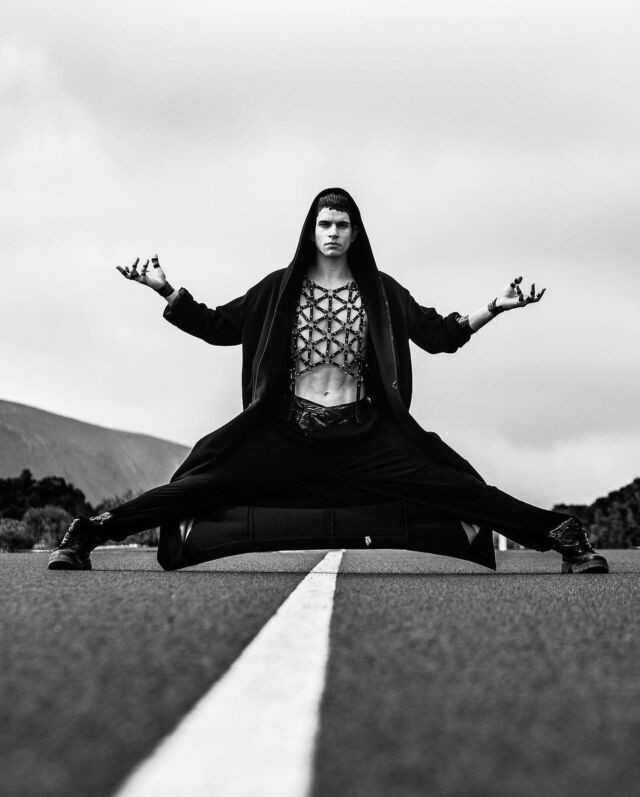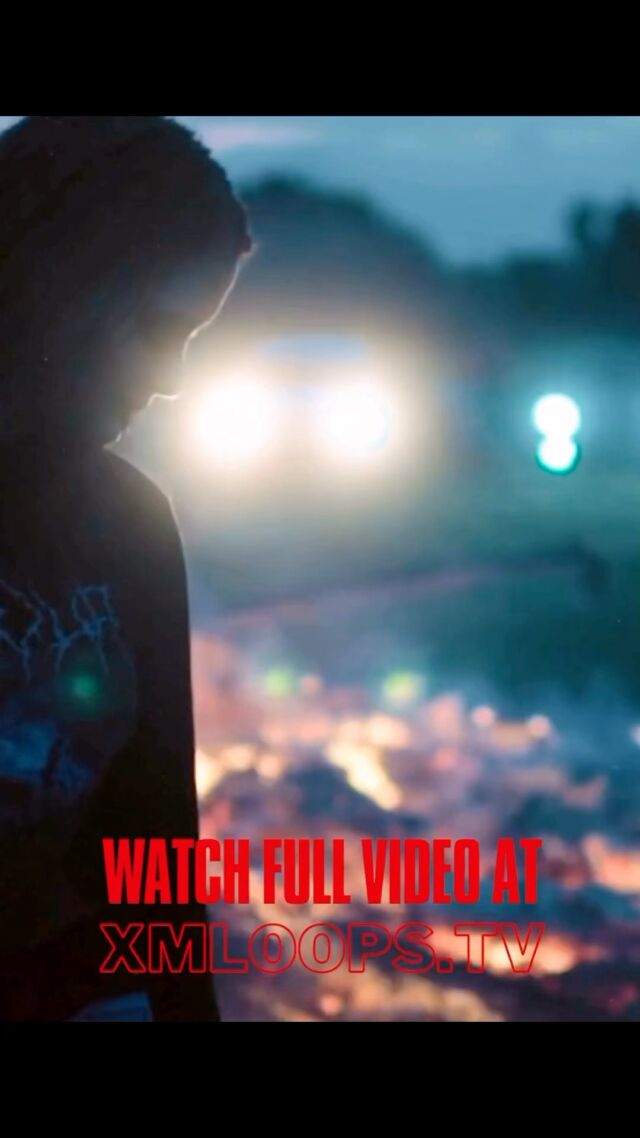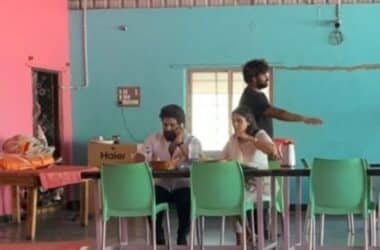Jessica Pratt’s new album, “Here in the Pitch,” begins with a vintage drum beat, a gently strummed guitar and a lot of vibey room tone — the kind that recalls a wood-paneled studio from 60 years ago. “The chances of a lifetime might be hiding their tricks up my sleeve,” she sings on “Life Is,” in an enchanting melody that rises and falls with ease. “Time is time is time again.”
Pratt is 37, and over three albums since 2012, she has become known for seemingly bending time. “A friend of a friend was stunned to find out that Jessica is a modern artist,” Matt McDermott, Pratt’s partner and collaborator, said over the phone. “He was convinced that she was a lost private press folk artist from the ’60s or ’70s.”
“The fact that she’s hung around a lot of record stores and is very into the texture and atmospherics of older music means that her stuff appears somewhat anachronistic,” McDermott added, amused. “There’s that boomer saying, ‘They don’t make songs like they used to,’ but Jessica’s music argues that you actually can.”
On a rainy March day in New York, Pratt strolled in the Queens Museum and discussed how “Here in the Pitch,” due Friday, has roots in the history lurking beneath another city: Los Angeles, her home since 2013.
“If you want to get metaphysical about it, it’s layers of human experience that may still be reverberating,” she said, thinking about the prehistoric ooze that burbles under Wilshire Boulevard. “That is absolutely the lens through which I see my reality every day, as swimming through these unseen layers of history and energy.”
Slight and blond, Pratt was wrapped in a shaggy coat atop a slinky black suit. Though she has stopped embellishing her large eyes with industrial-strength liner, even Pratt’s au naturel look tempted the notion that she somehow does have one foot in a retro netherworld. In conversation as in song, she has something of an obsession with time, which she posits could be a result of her writing process: “If you feel like you’re always fighting against yourself in order to achieve your goals, you are conscious of time passing because everything feels very belabored, artistically.”
Pratt grew up in Redding, a small Northern California city with a complicated relationship to Christianity and conservative politics. Her family was comparatively freewheeling: Her mother, who raised her, was an astrologer and music obsessive. Pratt began writing songs as soon as she learned a few rudimentary chords, penning impressionistic songs inspired by the Incredible String Band and Leonard Cohen on a thrift store nylon string guitar.
After high school, she moved to San Francisco, where she began performing her songs for the first time. Tim Presley, a prolific California musician and artist, heard a few of her recordings and founded a label to release what would become Pratt’s namesake 2012 debut. “Part of me was surprised that he was into it,” Pratt said. “But that’s maybe typical for me to be very self-critical.”
Shortly before the record’s release, as Pratt’s relationship of seven years was disintegrating, her mother died of a sudden illness. With little anchoring her to San Francisco, she packed up for Los Angeles. It was a rough landing.
Pratt spent her first months alone, recording her next album, “On Your Own Love Again,” from her bedroom while living modestly off savings and a publishing deal. That 2015 album’s breakout single, “Back, Baby,” remains a balm for the brokenhearted nearly a decade later; the pop singer Troye Sivan sampled it on his 2023 album, “Something to Give Each Other,” and gushed in a Guardian interview that Pratt’s voice “could have existed forever.” The album’s double-tracked vocals and enveloping warmth cast melancholic solitude in a romantic glow. But the reality was that Pratt’s isolation wasn’t good for her physical and emotional health, and she spiraled downward.
By mid-2016, on the verge of a breakdown and struggling to write, Pratt decided to return to San Francisco. A whirlwind romance with McDermott, a former co-worker at Amoeba Records, shook her out of her stupor. She dedicated herself to “Quiet Signs,” her 2019 album, which she described in retrospect as “having to do with daily tragedies of trying to survive your own mind. It feels very whispery and ethereal in a way that I can’t necessarily relate to now.”
“Quiet Signs” was filled with sparse guitar, rich textures and tape hiss, and was Pratt’s first time working in a studio. She was curious to expand her sound, however modestly, and approached the process with an open mind. “There was more conscious intention,” she said, “not just the sheer impulse to make music.”
Eager to reunite with Al Carlson, who produced “Quiet Signs” with her, Pratt started working on a new series of songs that were influenced by the Beach Boys’ “Pet Sounds” and the music of the ’60s group the Walker Brothers. “I’ve always been very interested in that micro era of ’60s pop music where the production is atmospheric like a snow globe,” she said.
Carlson said he noticed a change in Pratt’s intentions. “‘Quiet Signs’ was trying to tap into the old world that she had created in the past while slightly looking forward,” he said in an interview. “She was more confident in exploring new directions on this one, even if that meant leaving a lot of stuff on the cutting-room floor.”
Pratt began writing “Here in the Pitch” in early 2020 amid the heightened anxiety of the pandemic, and fueled her fascination with its themes of fear and power by reading books about Charles Manson and watching films with complex antagonists, like “No Country for Old Men.” “I’ve always been interested in the dark side of things,” she said somewhat wryly.
Pratt described herself as a “rather anxious person,” yet carried herself with a quiet reserve that never registered as awkward; she seemed open, though proved elusive in retrospect. During our time at the museum, she used her phone only once, to snap a photo of a souvenir yo-yo from the 1964 World’s Fair that shares a name with one of her new songs, the elegant “World on a String.”
“Here in the Pitch” is sequenced like the sun creeping across the notorious Spahn Ranch. Early tracks like “Life Is” and the bossa nova-tinged “Better Hate” possess an unsettling cheerfulness bordering on delusion, then the album descends into an uneasy twilight where fear is a shadowy companion. Its closer, “The Last Year,” is a curtain call with a cautiously optimistic chorus: “I think it’s gonna be fine/I think we’re gonna be together/And the story line goes forever.”
“Of all the songs on the record, it’s probably the most personal,” Pratt said. “The most me coming through lyrically and emotionally.”
McDermott, who has played keys with Pratt since “Quiet Signs” and contributed production on the new LP, said her devotion to her music is always paramount: “Jessica arrived in the city and holed up. We were there for two months, and she was rarely seen outside of the studio. Friends of ours were like, ‘I haven’t seen Jessica yet.’”
The sessions, spread out over two years, incorporated a cast of musicians beyond Pratt’s inner circle for the first time, including the percussionist Mauro Refosco and the bassist Spencer Zahn. “Experimenting with sound in the studio with instruments and players never felt appropriate for my music until this time,” Pratt said. “Even a little woodblock was a big change.”
Every new detail, however modest, required time to find its proper place within Pratt’s increasingly widescreen vision. “I’m very specific about what needs to be done, probably to a degree that is difficult for those around me,” she said. “It’s like striving toward perfect imperfection, it’s all instinct.”
“For better or worse,” she added, “it’s always drawing blood from a stone.”
Source link










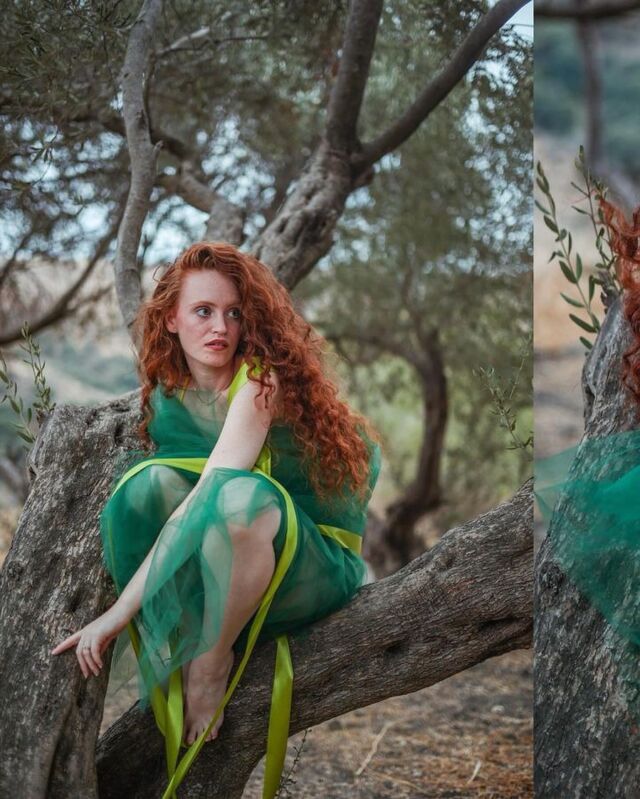
![Growing up learning Indian Classical Music, I’ve developed a deep appreciation for diverse musical genres, and techno is definitely one that has captured my interest. Got inspired to write this track by blending the beautiful melodies of Hindustani classical, particularly Raag Bhairav, with the beats of techno. Excited to share this fusion with you all!
Music by @miladzki
Check it out and vibe with me! 🎶✨
[ techno, newmusic, fusion, indianclassicalmusic, techno, music, kakisinger ]](https://talentsofworld.com/wp-content/uploads/wp-social-ninja/instagram/9xm.tv/18327743320185528_full.jpg)
![Listen to this Version of Dil Kho Gaya
Original Song From the Movie Dil.
Anand-Milind, Udit Narayan, Anuradha Paudwal sung this song
Music by Anand-Milind
Hope you guys like this Rendition of the Classic Song by Kaki Singer.
Like, Share & Comment.
[ Dil, Dil kho Gaya, old songs, Classic Bollywood, old song covers, retro songs, indian old songs, old hindi songs, melodies, kaki singer, Indian singers ]](https://talentsofworld.com/wp-content/uploads/wp-social-ninja/instagram/9xm.tv/17999564600299237_full.jpg)
